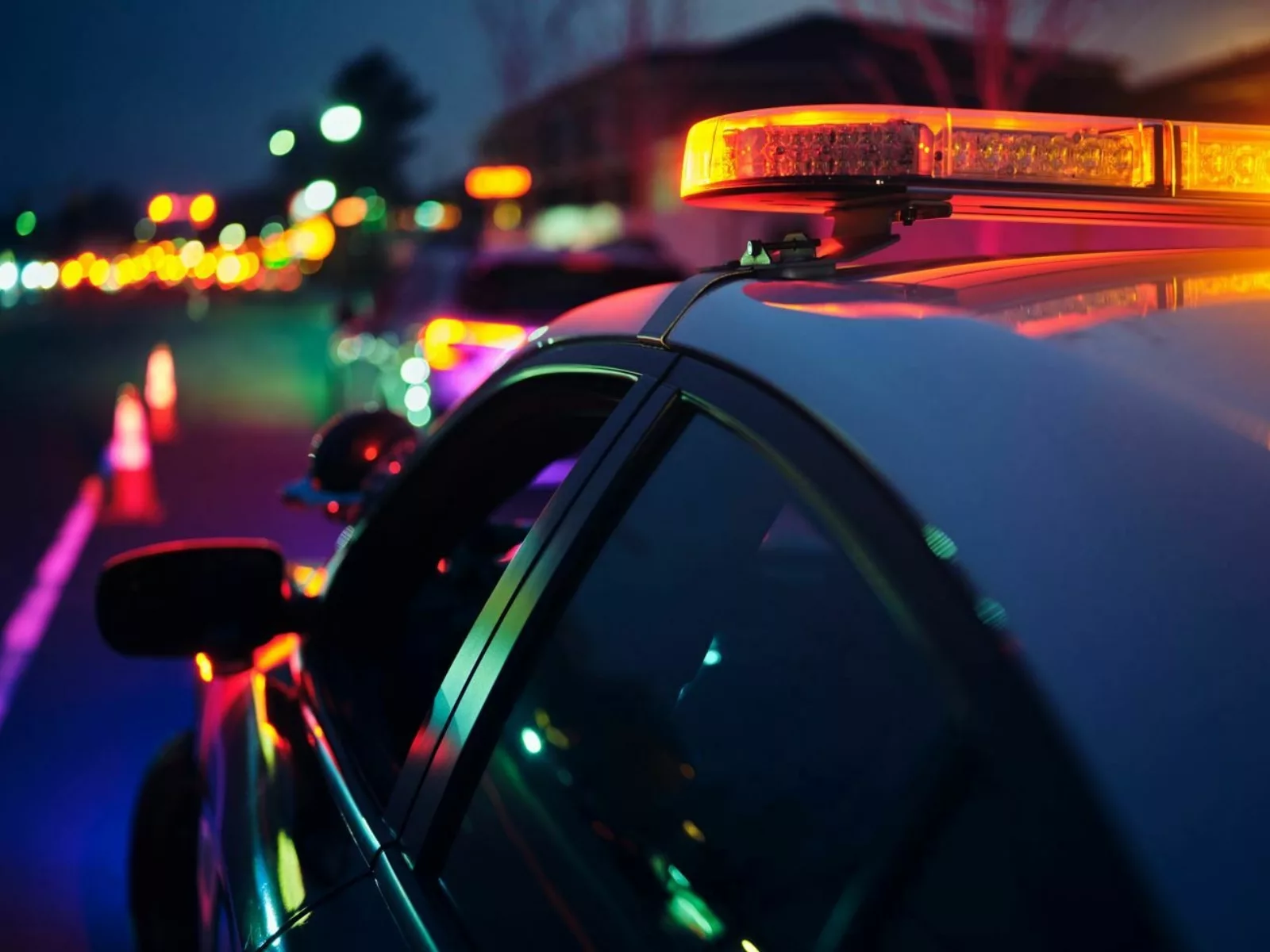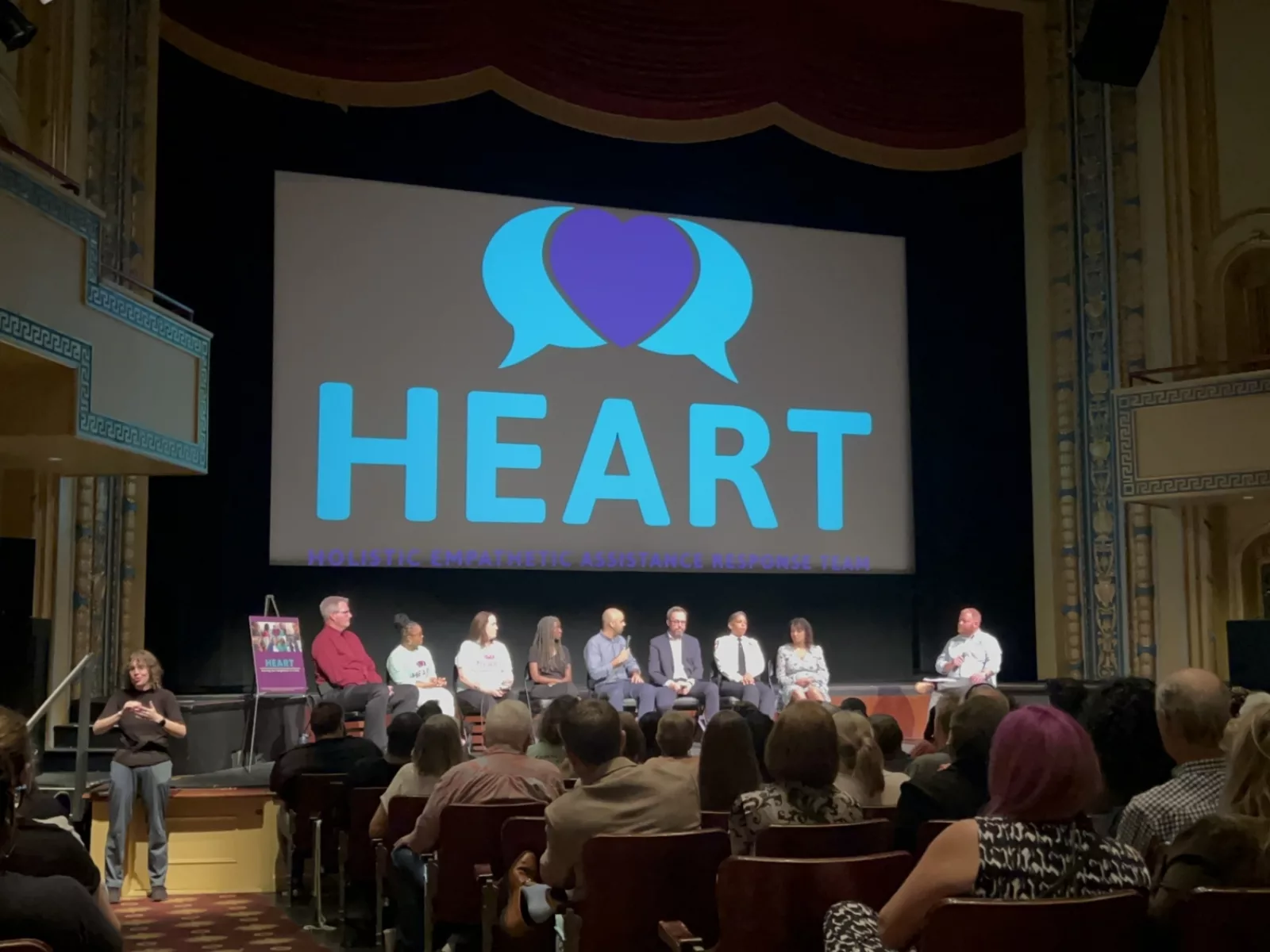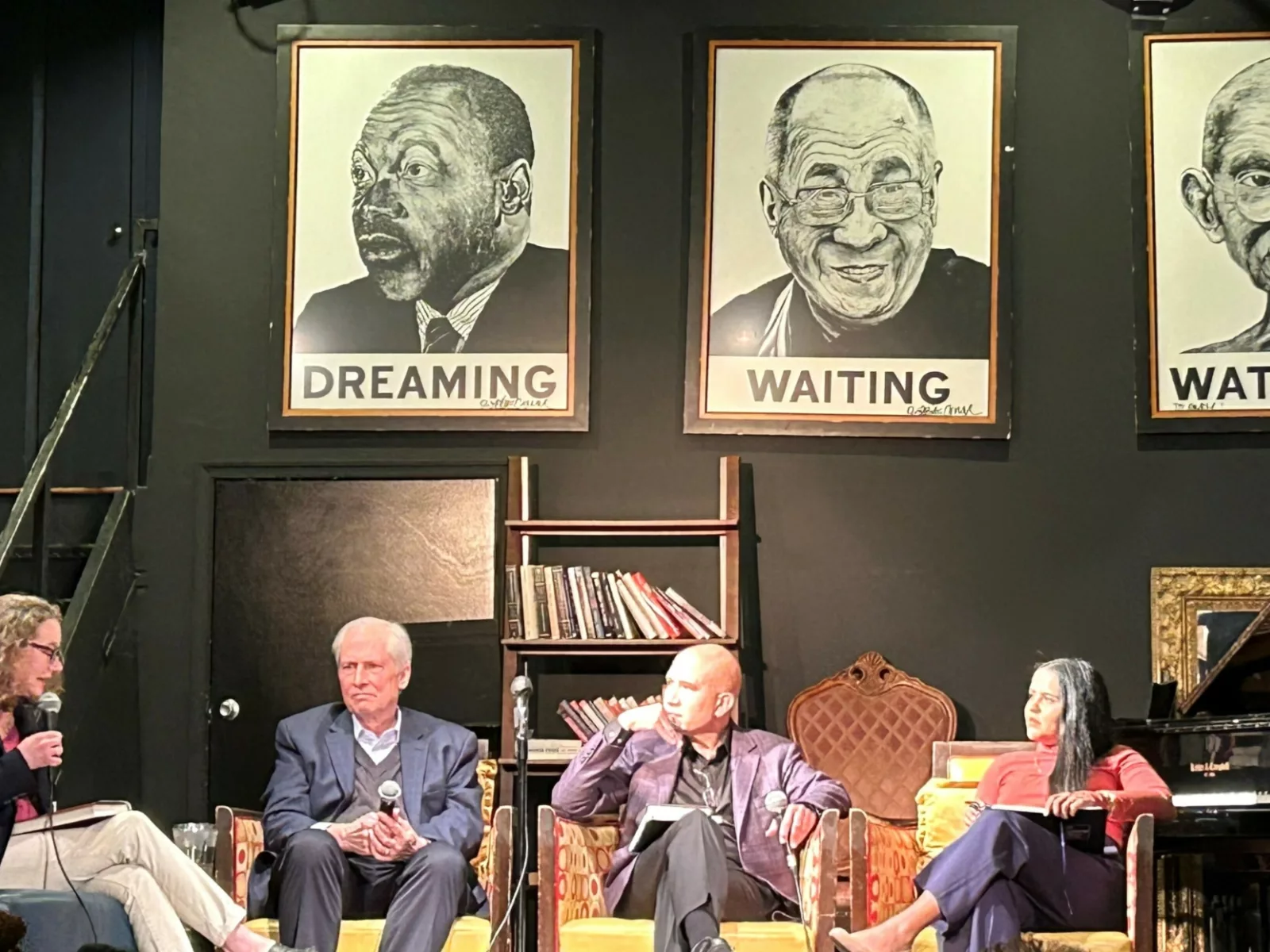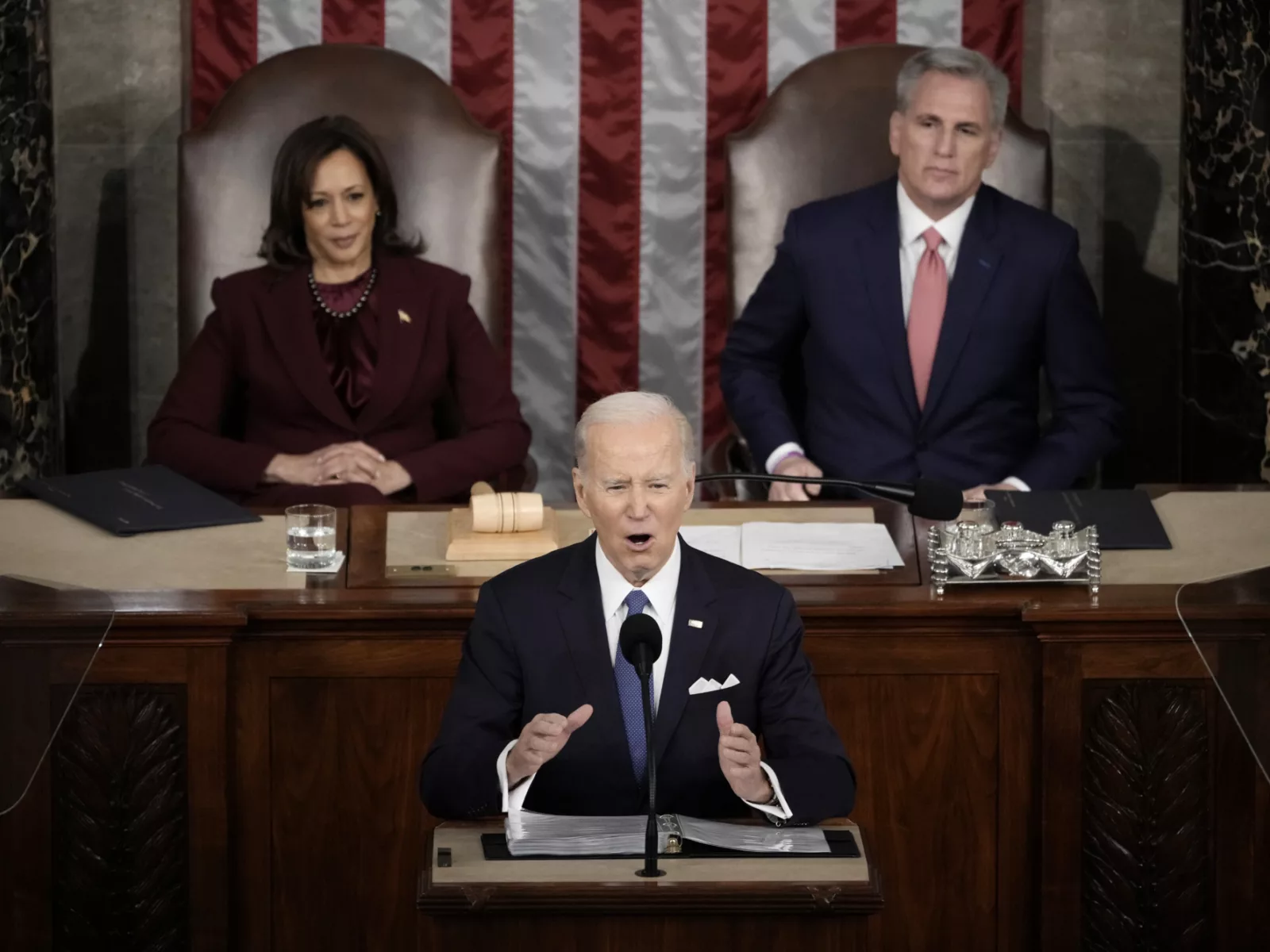Rigel Robinson had seen the headlines over the years and felt disheartened.
Philando Castile, a Black man shot and killed following a traffic stop for a broken tail light in Minnesota.
Sandra Bland, a Black woman arrested following a traffic stop for failing to signal a lane change who later died in a Texas jail.
Maurice Gordon, a Black man shot and killed during a traffic stop for speeding in New Jersey.
At 24 years old, Robinson felt compelled to do something in his home of Berkeley, California. He found himself in a unique position to do so.

Robinson, a University of California of Berkeley graduate, is the youngest person on Berkeley City Council. He wrote a proposal for his fellow council members to consider that he hoped would lessen the load for the city’s overworked police force and provide more safety for its citizens.
In it, Robinson called to remove the police department from conducting traffic and parking enforcement, and instead hand the task to a newly created city department consisting of unarmed city workers. Those workers would make up the Berkeley Department of Transportation, or BerkDOT for short.
The proposal made national headlines.
“Traffic stops have a history of racial bias that has been continually backed up by the courts,” Robinson wrote in his proposal, titled BerkDOT: Reimagining Transportation for a Racially Just Future. “Coupled with racial biases that permeate this country to this day, these stops have too often escalated into use of force or unnecessary arrests that disproportionately harm Black Americans.”
While the city of Berkeley hasn’t been directly engulfed in the national spotlight over deadly police violence at traffic stops, Robinson said, “Berkeley can play a leading role in addressing them.”
He added, “A serious discussion of the role of modern policing is incomplete without a focus on traffic enforcement.”
Though there’s no concrete data of traffic stops conducted nationwide, the Stanford Open Policing Project has shed light on the more than 20 million traffic stops police make each year.
In parsing through more than 200 million records, data collected by the project show “significant racial disparities in policing.” Those disparities include data showing Black and Hispanic drivers are more commonly pulled over and searched than white drivers.
“It’s a fair question to ask: Does that kind of pretext policing help reduce crime?” said Jonathan Simon, a professor of criminal justice law at UC Berkeley, which is a partner in the National Partnership for Pretrial Justice. “Certainly it was part of the general policy direction in American policing in the 20th century to take advantage of aggressive stops to try to drive guns off the street and things of that nature. I don’t think there’s any really good empirical evidence that it reduces crime.
“Unfortunately, the only way it can really work is a sign of racial profiling, because the police aren’t randomly stopping people for not signaling. They’re stopping people who they think might be carrying drugs or guns, and that judgment is usually being made on race, along with other contextual factors.”
In a 2018 report, data of police stops in Berkeley show that — much like trends nationwide — Berkeley police stop Black and Hispanic citizens more frequently than white citizens.
At the time, Berkeley Police Chief Andrew Greenwood said, “We are always looking to improve.”
“We train on recognizing and reducing bias, using de-escalation tactics, fair and impartial policing and crisis intervention skills. We do all this with the goal of building stronger relationships with the community we serve,” the chief said.
Robinson, too, has been trying to better help the Berkeley community since he was a freshman at UC Berkeley. He was an avid member of student government who advocated against a university-wide tuition increase and for more affordable housing for students, according to a profile in Oakland Magazine. He also interned for current Berkeley Mayor Jesse Arreguín, who at the time was a city council member.
‘Handing the Baton’
Robinson decided to run for city council at the end of his senior year after he and a group of friends discussed the need for a student voice on city council. District 7, which Robinson now represents, includes UC Berkeley.
Robinson ran on a platform of more affordable housing, increasing police oversight, and a stronger focus on public safety. Robinson told Oakland Magazine that he knew student turnout was low, so he turned to the citizens of District 7 and knocked on the door of every single-family home.
He garnered the support of incumbent Councilmember Kriss Worthington, who planned to retire, as well as state Sens. Nancy Skinner and Kevin de León, both Democrats. The 22-year-old won the election by 22 percent.
“Rigel is an incredible individual with wisdom way beyond his years,” Worthington told Oakland Magazine. “I feel very comfortable handing the baton to him; I think he will benefit Berkeley a lot.”
Berkeley Mayor Jesse Arreguín and two other councilmembers backed Robinson’s police reform proposal. Residents praised it during a public comment hearing before the vote. In July, City Council passed the proposal as part of an “omnibus motion” aimed at reshaping local policing. During the same meeting, council members also voted to cut $9.2 million from the police department’s budget.
The proposal was adopted by City Council in July 2020, weeks after news of the death of George Floyd swept the nation. Floyd, a Black man, was killed by a white police officer who knelt on his neck for more than eight minutes in Minneapolis, Minn. A storeowner had called police, saying Floyd had tried to pay with a counterfeit $20 bill to buy cigarettes.
Currently, city officials are working on figuring out the details of Robinson’s proposal. He said an emphasis is being put on striking a balance between achieving public safety and protecting city employees.
The COVID-19 pandemic has slowed the city’s effort, however, as it focuses on creating a strategic vaccine plan while also leveraging how to overcome a $40 million budget shortfall.
But Robinson remains optimistic. He hopes by June, when council members convene to address city budget projects, that the public safety task force will have recommendations the city can begin implementing to shift police officers away from conducting traffic stops.
As he wrote in a tweet days before his proposal passed, “If we’re serious about transforming the country’s relationship with police, we have to start by taking on Americans’ most common interaction with law enforcement — traffic stops.
“Driving while Black shouldn’t be a crime.”




















